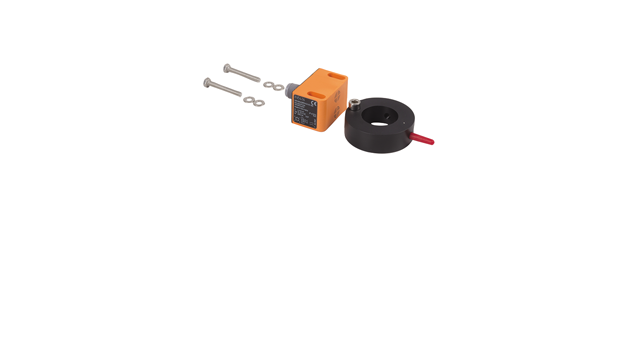Indication units
Alfa Laval valve indication units provide basic information about the position of valves used in hygienic applications. Based on proven technology, this range of valve position indicators offers safe, reliable and economical operation.
Safe, reliable and economical indication
Alfa Laval indication units are cost-effective digital devices with up to two feedback signals that are mounted directly on the valve yoke, which provide feedback on the valve’s open/closed position. These valve position indicators (Side indicater and brackets) may be used on any Alfa Laval valve, but are especially competitive solutions for Alfa Laval SRC/ARC Single seat valves,and mixproof valves (brackets), and butterfly valves.
Four types of valve indications
Alfa Laval offers these standard valve position indicators for hygienic industries:
Micro-switch
This lightweight, electromechanical device offers precision operation and long service life. Hermetically sealed within a corrosion-resistant housing, the micro-switch provides high durability and may be directly manipulated, which means only limited operational safety can be provided compared to newer, more advanced technologies.
Inductive proximity sensor
Based on principles of electromagnetic conductivity and metallic detection, this non-contact electronic sensor is inherently resistant to dust, humidity and oil in industrial environments. This increases operational safety and reliability.
Hall proximity sensor
Based on principles of electromagnetic conductivity and magnetic detection, this non-contact electronic sensor provides safe and accurate detection of valve position compared to conventional proximity sensors. It provides enhanced reliability and longer service life for valve position sensing in any operating environment.
Namur sensor
This inductive proximity sensor, complete with bracket for butterfly valves, requires minimal energy to operate. It is an ATEX-certified device designed for intrinsically safe applications and may be used in hazardous and potentially explosive environments.
Individual brackets and inductive sensors
Alfa Laval offers an extensive portfolio of brackets and inductive sensors for use with any Alfa Laval valve that requires special support or an alternate sensing interface.
For more information, please refer to Documentation.
Product benefits
- Cost-effective digital devices
- Precision operation
- Long service life
Katalog produktów
Zasada działania
Operating principles
Inductive proximity sensor
This non-contact proximity sensor consists of an oscillator, which creates high-frequency electromagnetic fields that radiate from the sensing face. Each time a conductive metal (damping target) approaches the sensor, it reduces the electromagnetic field, thus changing the voltage of the oscillator. A trigger circuit converts this analog signal into an on/off digital signal and amplifies the output to 24VDC.
Hall proximity sensor
This non-contact proximity sensor consists of a Hall transistor, convert this Hall sensing into an on/off digital signal and amplifies the output to 24VDC . The sensor indicates the valve position by using a magnetic field (North Pole) to measure the distance from the relative position of the indication pin on the valve stem.
Namur sensor
NAMUR is most associated with two wire DC proximity sensors. Such sensors must be wired to isolator barriers or intrinsically safe devices in order to be used in hazardous environments. The NAMUR proximity sensor's operation is similar to that of a variable resistor. As a metal target approaches the face of the NAMUR sensor, a change in impedance in the sensor occurs and, therefore, the current draw of the sensor is reduced. This triggers the galvanic isolator's amplifier, which activates the isolator's switch and thereby into an on/off digital output signal to the PLC system.
Options
Sensors with and without fixed cable and side indicators with M12, 5-pin plug connectors, including the plug counterpart, are available for connection to AC/DC power supply.


